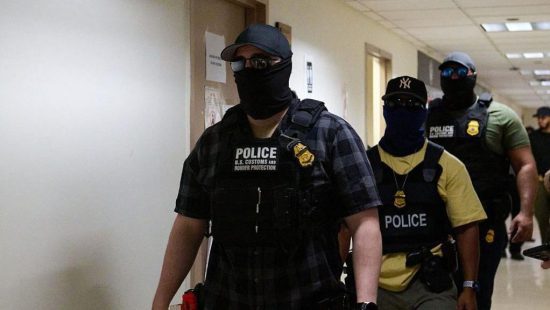When the federal government released its August employment numbers on Sept. 5, the overall unemployment rate was still relatively low, at just over 4 percent. But underneath was a concerning statistic: The portion of unemployed people who have been out of work for more than six months, which is considered “long-term,” rose to its highest share in over three years — to nearly 26 percent.
The trend has alarmed some job-market watchers. “Such an increase is unprecedented outside of recessions,” said an economist at the Federal Reserve Bank of Richmond, alluding to a steady worsening of the long-term unemployment rate. Economists at Goldman Sachs recently expressed concern that a collapse in the number of job openings “risks locking out” those who are already unemployed.
But just as surprising as the rise in long-term unemployment is the subset of workers who are increasingly driving it: the college educated. The fraction of long-term unemployed people with a college degree has grown from about one-fifth a decade ago to about one-third today, according to government data compiled by Matthew Notowidigdo and Jingzhou Huang of the University of Chicago. The problem has worsened over the past year or two after easing temporarily.
Economists cite a number of reasons for this trend. There are simply more college graduates today than there were 10 years ago, and the job market for people without college degrees improved, reducing their share of long-term unemployed.
But employers also appear to have less need for college-educated workers, driven by technological change, automation and, most recently, President Trump’s cuts to federal workers and funding, which have disproportionately affected the college educated.








